Description
ABSTRACT
Legal Issues in Bankers’ Duty of Confidentiality in Nigeria
Kehinde Anifalaje*
The protection of the right to privacy is a crucial and inescapable concept in the contractual relationship between the banker and the customer. As such, common law imposes a duty of confidentiality and secrecy on the banker concerning its customers’ personal and financial information. However, this duty is not absolute as it is subject to specific recognised qualifications which override any ascribed privilege of confidentiality of the customer. The article examines the common law and statutory duty of confidentiality imposed on the banker in Nigeria and the qualifications for it. It is argued that disclosures made under compulsion of law, pursuant to specific statutory enactments and regulations that are purposively targeted at combating crime and fraud in the country, as exemplified by the Money Laundering (Prevention and Prohibition) Act 2022, have become the most dominant of the qualifications to the banker’s duty of confidentiality. It is submitted that, though statutes authorising disclosures in defined circumstances are salubrious, the need to appropriately balance this against the legitimate interest and the customer’s right to privacy is also desirable. This delicate balance, often a matter of legal interpretation, underscores the complexity of the issue. The article concludes, among other things, with the need for banks to duly comply with reporting guidelines as stipulated by the regulatory authorities and, at the same time, guard against unlawful disclosure of information about the accounts of the customer. in the overall interest of all stakeholders and the stability of the economy.
Keywords: banker-customer relationship, banker’s duty of confidentiality, qualifications to banker’s duty of confidentiality, right to privacy, data protection, Nigeria.
INTRODUCTION
It is a well-established principle in every banker-customer relationship that the banker maintains secrecy of every information relating to the customer’s account and other related matters, subject to certain exceptions. This duty of confidentiality, as an implied term of the contract between the banker and the customer, was established almost a century ago at common law in Tournier v National Provincial and Union Bank of England. It is an implied term of the contract because it is a question of law and such that the court would infer to necessarily have been in the contemplation of the parties in making the contract. Thus, an implied term is a necessary term that both parties must have intended to be a term of the contract and have only not expressed it because its necessity was so apparent that it was taken for granted. The duty can also arise by an express contractual term between the banker and the customer or independently of any contract on the basis of an
* LL.B, LL.M, Ph.D., B.L. Lecturer, Faculty of Law, University of Ibadan, Nigeria

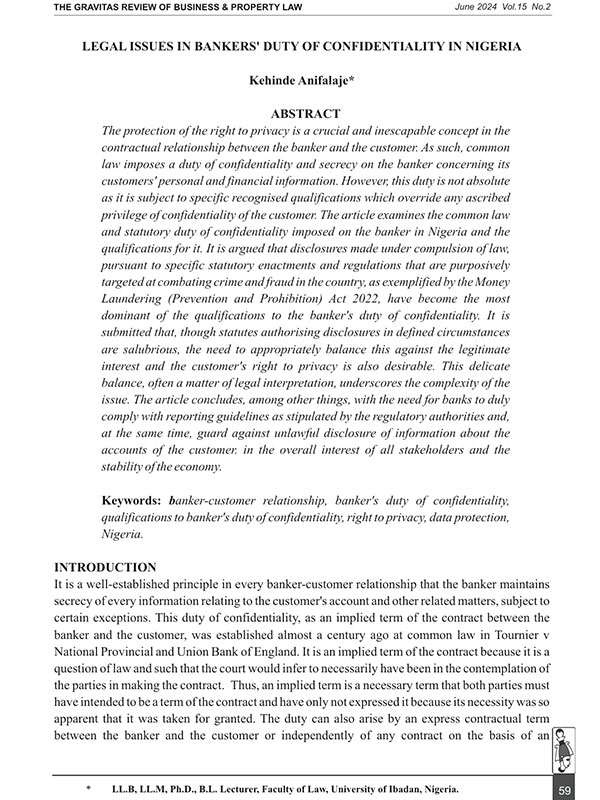
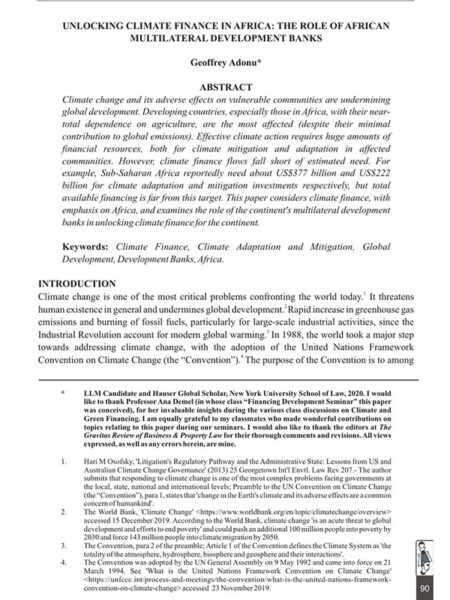
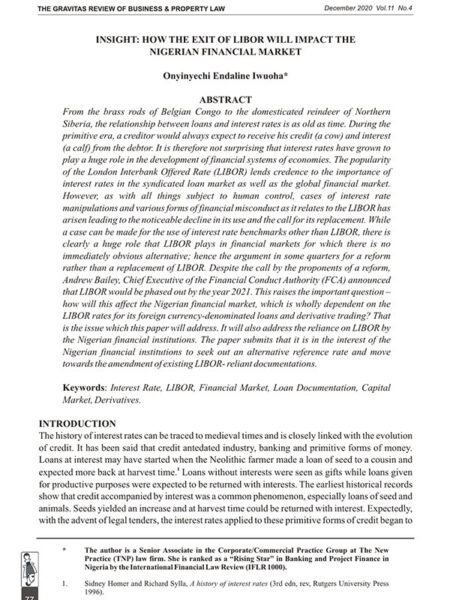
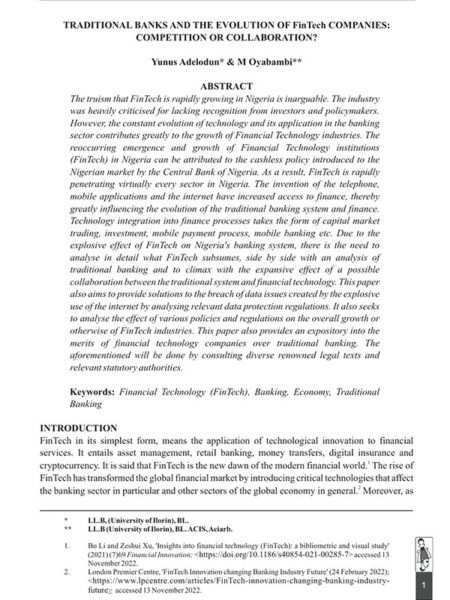
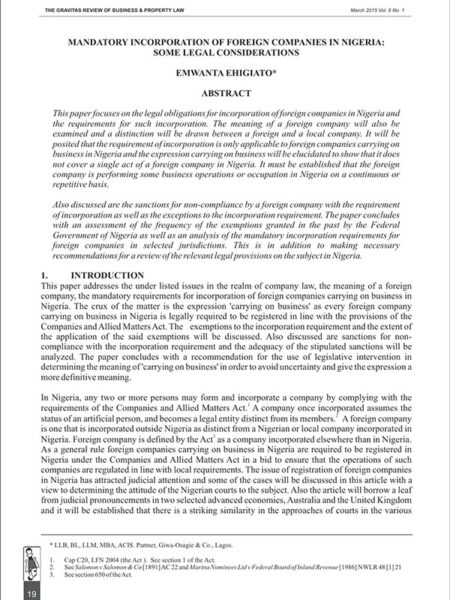


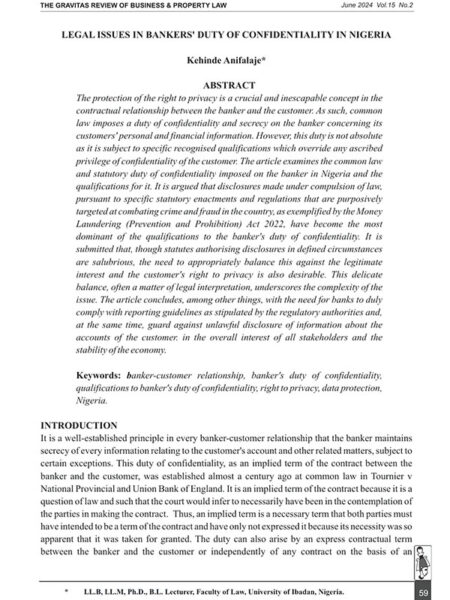
Reviews
There are no reviews yet.